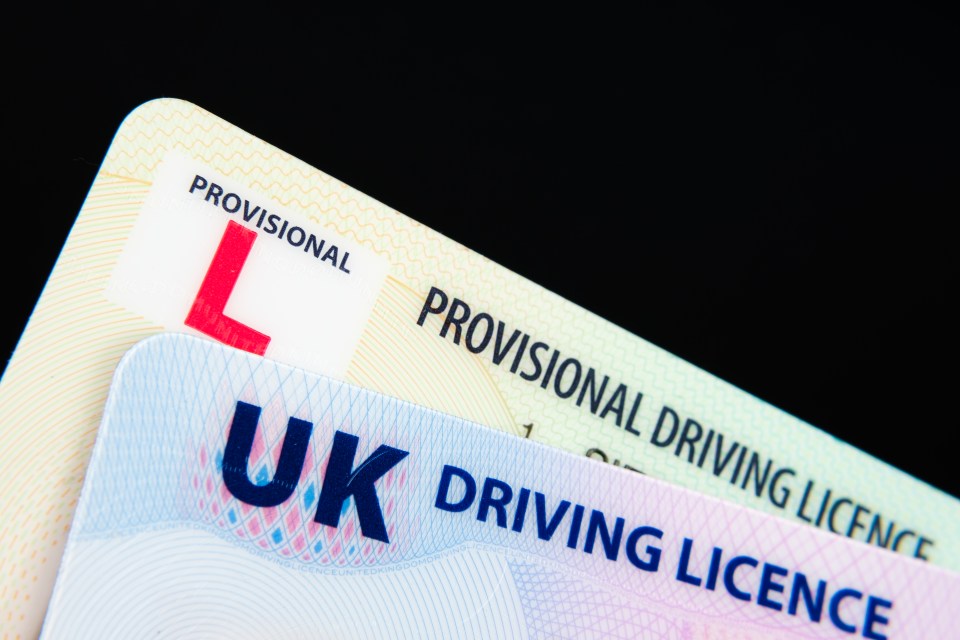A HUGE change to driving licences is set to be implemented within months, affecting 50 million Brits.
Driving licences will be digitalised and accessible on mobile phones in a bid to “drag the government into the 2020s”.
The switch from plastic card to app aims to make buying alcohol, voting and boarding domestic flights more straightforward.
Drivers will still be issued provisional and full photocard driving licences and the digital version is voluntary.
The Gov.uk app, developed by the Department of Science and Technology, is launching this year.
The plans are set to be revealed by MPs next week at an event in central London.
read more on driving licences
Following in the footsteps of Australia, Iceland, Denmark and Norway, the digital driving licence will only be available in a wallet on the app and not accessible through Google or Apple wallets.
Developers are toying with the idea of users being able to hide their address on the licence for privacy reasons.
Supermarkets could link the licence with self-checkout technology so customers can be ID checked for buying booze without waiting for staff.
The Department of Science and Technology is also exploring ways to integrate other services into the app, including paying taxes, proving the right to work and claiming benefits.
The app will also work in airports for passengers flying within the UK, meaning they won’t need to show physical ID documents like a passport or licence.
A source told The Times: “This is not about replacing the photocard but giving people the option of having their licence on their phone and allowing them a new way to prove their identity and age.
“The photocard, be it a provisional or full licence, is the main form of ID used in the UK and this will be an extension of that.”
Around 50million Brits carry a green or pink licence after it was first introduced over 120 years ago.
It has been the size of a credit card since 1998.
Jack Cousens, head of roads policy for The AA, said it would be handy to have the digital licence if pulled over by the police.
He did stress that it “may be some time” before they will be accepted in foreign countries – for example, when renting a hire car.
The EU is pushing for every member state to possess a minimum of one form of digital identity by 2026.
Big Brother Watch, the privacy campaign group, argue that digital IDs become a problem “when they become mandatory for basic functions”.
It is believed that the app will have “robust security measures” similar to banking apps.
The move will cause eyebrows to rise as it gives a whiff of Sir Tony Blair’s compulsory national ID card proposal.
The former prime minister pushed for the cards in 2005 but the scheme was scrapped.
Writing in the Sunday Times, Sir Tony said: “We need a plan to control immigration. If we don’t have rules, we get prejudices.
“In office, I believed the best solution was a system of identity so that we know precisely who has a right to be here.
“With, again, technology, we should move as the world is moving to digital ID. If not, new border controls will have to be highly effective.”
But asked if she could rule out introducing digital ID cards, Home Secretary Yvette Cooper said: “It’s not in our manifesto. That’s not our approach.”
A government spokesman said that “technology now makes it possible for digital identities to be more secure than physical ones, but we remain clear that they will not be made mandatory.”
